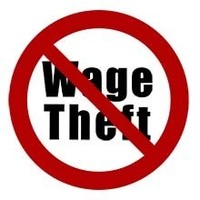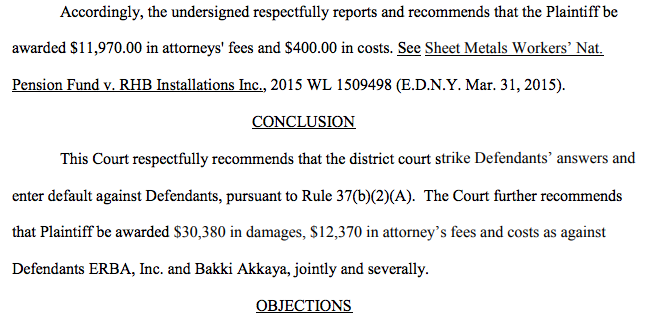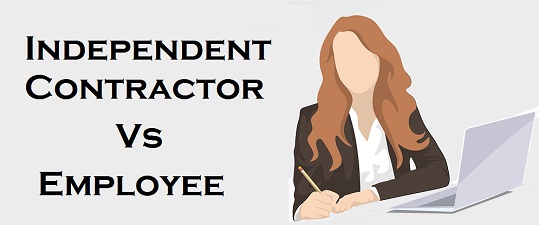Title VII of the Civil Rights Act of 1964 prohibits employers from discriminating against employees based on, among other reasons, the employee’s race, religion, national origin, and sex. Title VII also protects employees from retaliation by their employer for reporting or opposing the employer’s discriminatory actions. Before bringing an employment discrimination case, however, the employee…
Continue reading ›Your Side














